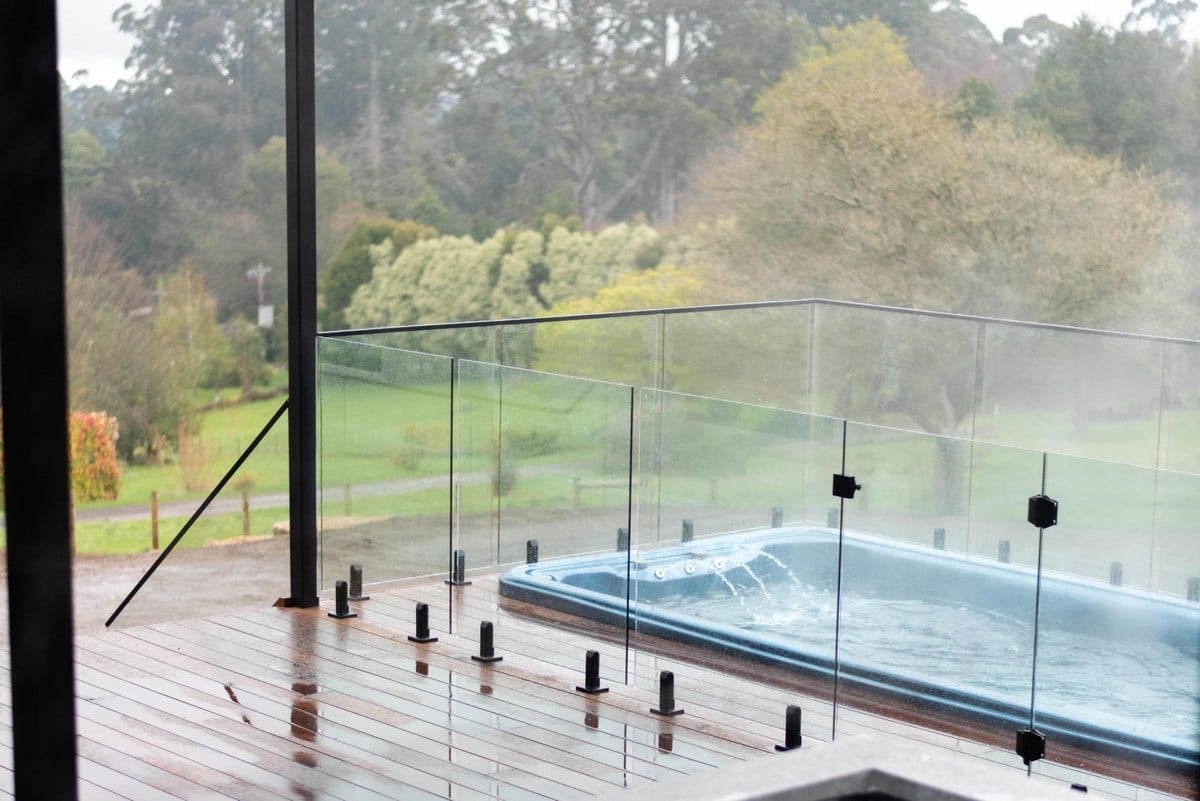When we think of the phrase ‘off the grid’ we often imagine an idyllic bushland setting and a rustic, eco-conscious home nestled in the middle of nowhere. Self-sufficient and isolated from the rest of the world, this is the kind of abode made for those who want to leave the hustle and bustle of city life, and return to a more thoughtful, sustainable mode of living. In typical terms, living off the grid simply refers to disconnecting from the major sources of water, electricity, and/or sewerage, and relying on your own system.
But with new building techniques and technologies, you don’t have to isolate yourself deep in the bush to live truly off the grid. Keep reading to find out how you can craft a self-sufficient home that responds to the environmental issues of today.
Energy and heating
Solar power has been around for decades, and is an affordable, accessible and environmentally conscious way to power and heat your home. According to advocate for sustainable living Michael Mobbs, who spoke to Domain a couple of years ago, “a solar system for a three-bedroom house will cost about $2000. To then disconnect the house, there’s the added cost of about $17,000 for batteries – in total the size of a kitchen fridge – to store the energy produced during sunny days to use on cloudy days or nighttime.” While this may not be a realistic cost or system for the average family to embrace, harnessing the sun’s energy to live self-sufficiently is becoming more and more achievable.
Water
Not matter where you are located, rainwater can be collected, filtered, and used as a reliable source of drinking water. Simply work with a plumber to install a rainwater tank, as well as taps, shower fittings and other fixtures that will not only purify your water, but help you save it as well. The good thing about installing your own rainwater tank is that no water goes to waste – whatever is left over from showers, basins, and baths (that is unsuitable to drink) can be re-used for things like flushing toilets or watering the garden.
Sewage
While it will require council approval, you can treat and control your own sewage through extensive compost and worm farms. This doesn’t mean you’re solely responsible for your own waste, however – you can still have the option use your local sewage system while incorporating sustainable waste management processes into your home.
Go Passive
One of the best ways to avoid becoming too reliant on energy systems (and to negate the need for extensive heating and cooling systems in your home) is through Passive House design. Originating from Europe, the innovative design principle incorporates features such as extensive insulation, increased shutters, roof overhangs and a thermal building envelope which help keep your home warm in winter and cool in summer – without reliance on air conditioning. As certified Passive House builders, we know the many benefits of living in a self-sustaining home that will save you money on bills while reducing your environmental impact at the same time.
Looking to kick start your off the grid suburban home project? Get in touch with Cobalt Constructions today.


